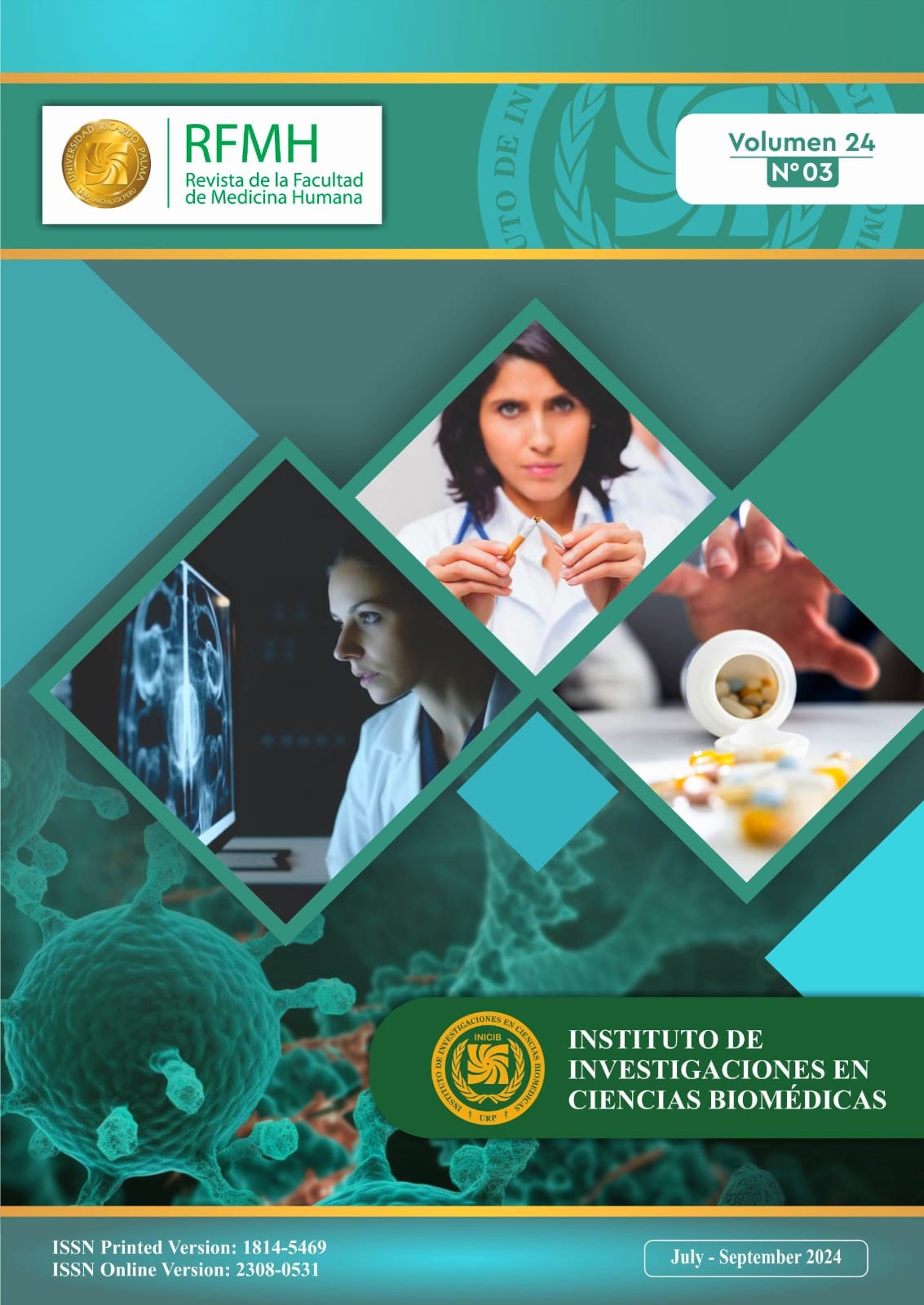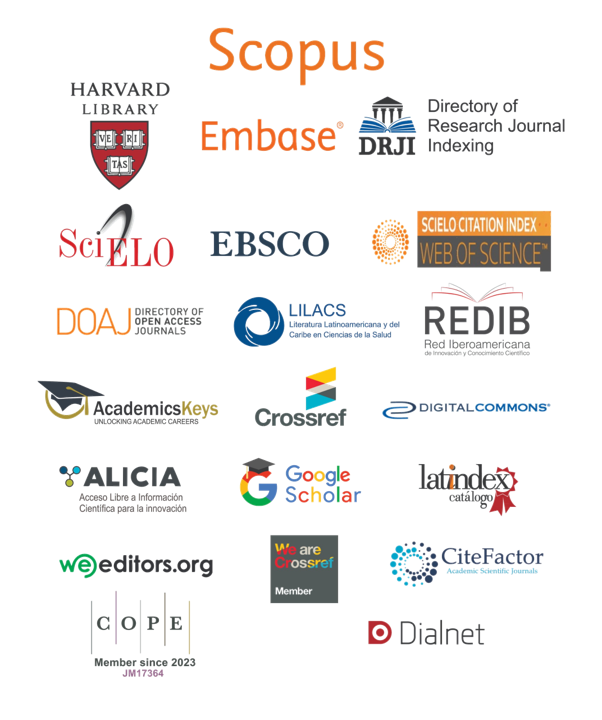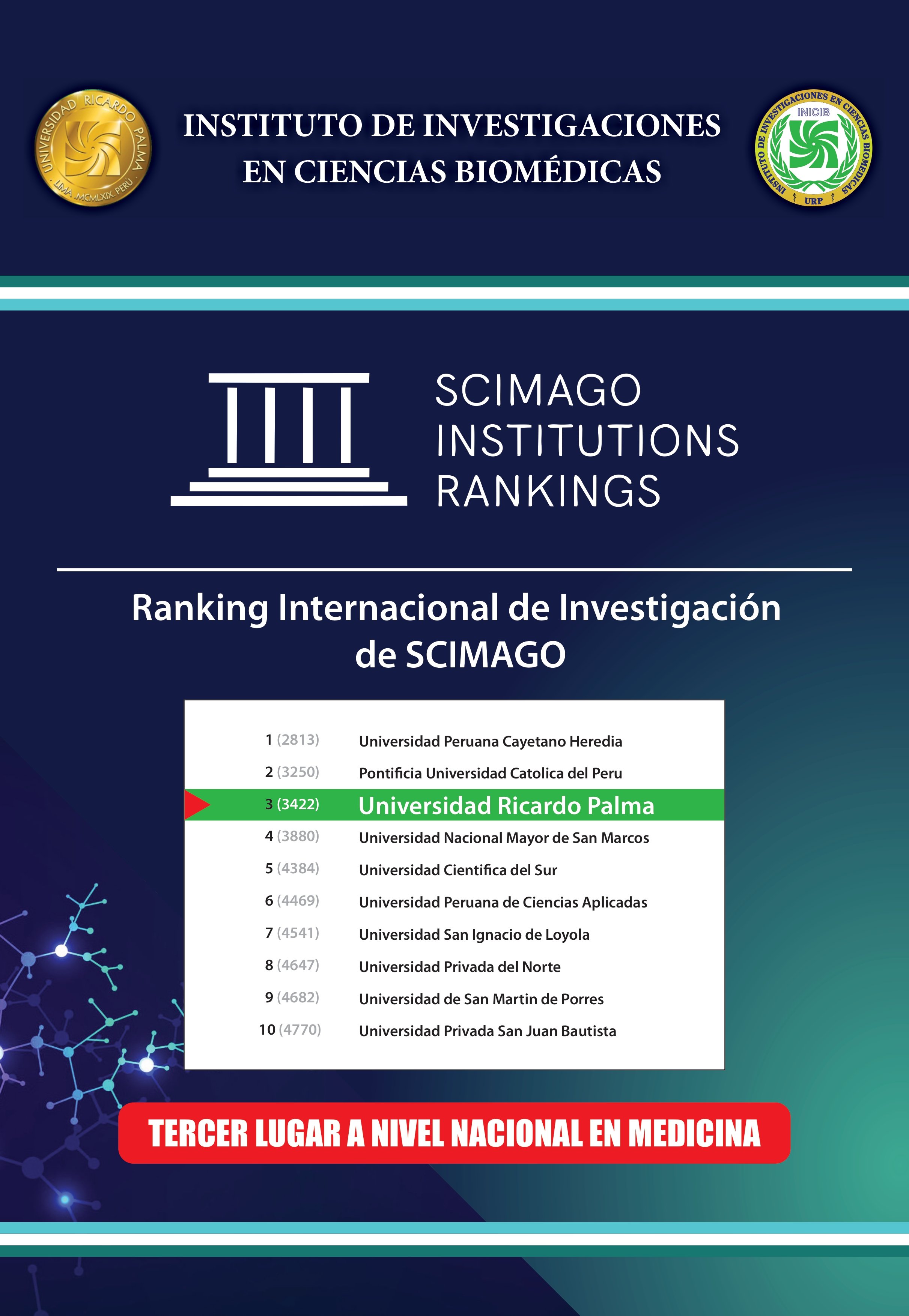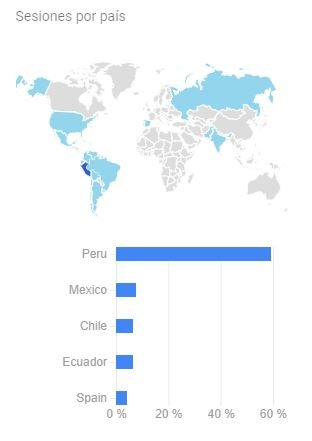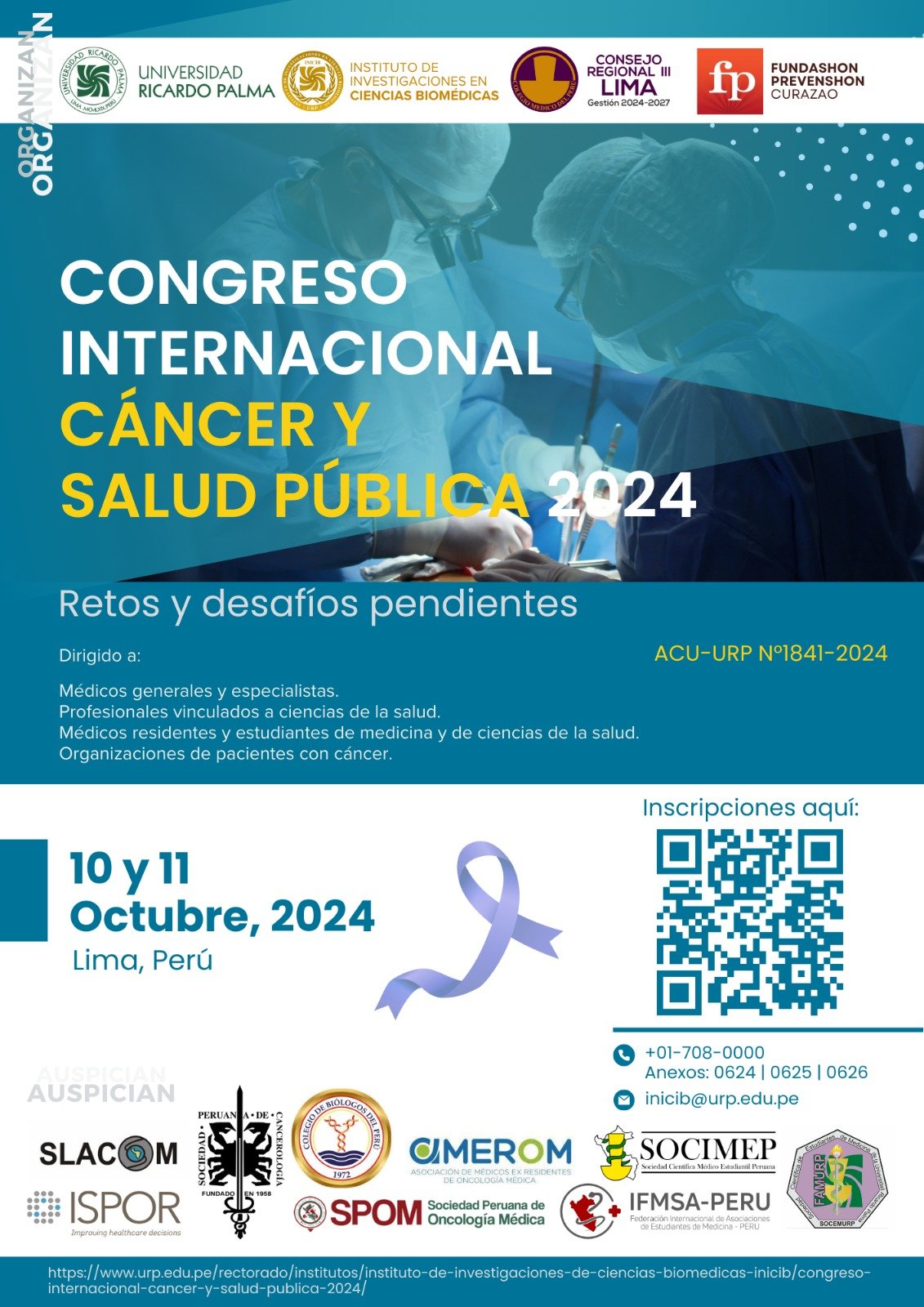Levels of emotional intelligence in psychology students at a Peruvian public university
Niveles de inteligencia emocional en estudiantes de la carrera de psicología de una universidad pública peruana
DOI:
https://doi.org/10.25176/RFMH.v22i3.5015Keywords:
Emotional intelligence, Social skillsAbstract
Objetives: This study investigated the levels of emotional intelligence in undergraduate psychology students, both males and females of a public university in Lambayeque as well as the levels of emotional intelligence according to sex, age and academic semester.
Methodology: It is a descriptive study, which type of sampling was non probabilistic, snow ball type sampling for which participated 112 undergraduate students. The instrument used was the Baron Ice Emotional Intelligence Inventory of 133 items, 5-point Likert-scale. The findings show that 27.7% of the students report an average level of emotional intelligence and 10.7/% report a high level.
Results: Regarding the levels according to sex, men presented a higher level of emotional intelligence (43%) in comparison to women (22%). Nevertheless, both sexes present an average level (30% and 26.8% respectively). With respect to age, results suggest that older students present an average level of emotional intelligence, according to 50% of the participants, for ages 27 and 31. Likewise, 32.40% of advanced semester students report an average level of emotional intelligence.
Conclusions: Finally, it is concluded that the curricular training of psychology students must implement activities toward the development of emotional intelligence for future professional performance, considering the socio-cultural variables.
Downloads

Downloads
Published
How to Cite
Issue
Section
License
Copyright (c) 2022 Revista de la Facultad de Medicina Humana

This work is licensed under a Creative Commons Attribution 4.0 International License.



